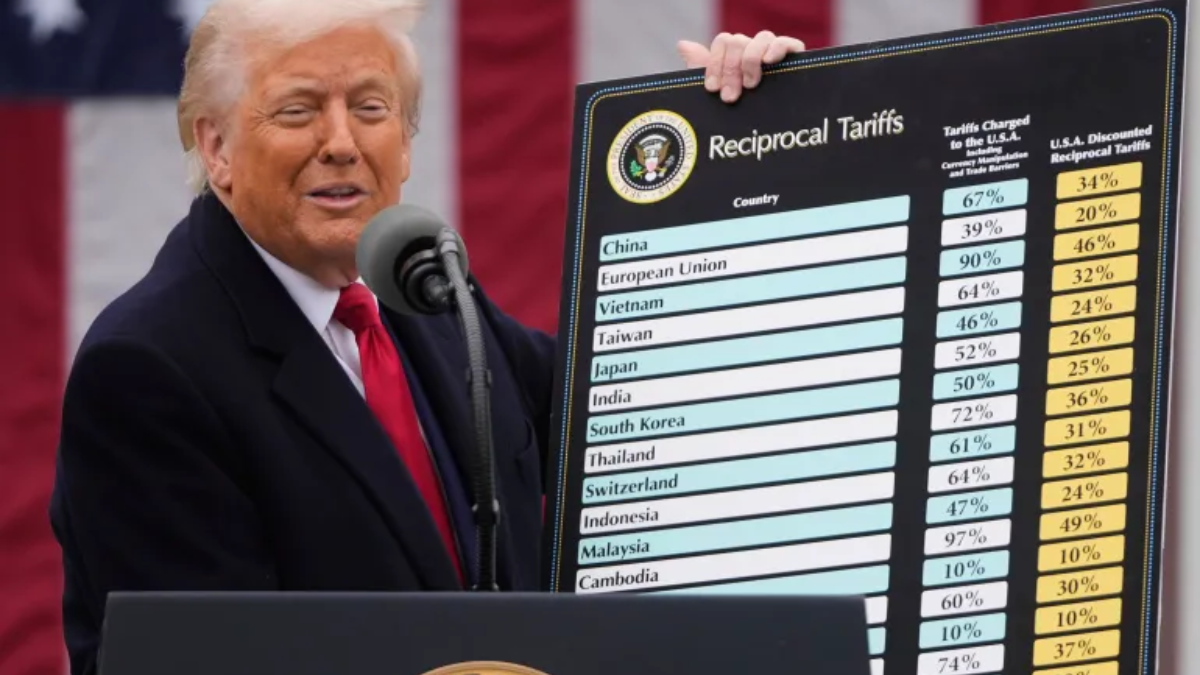
Asia is currently facing significant economic challenges as U.S. President Donald Trump has implemented modifications to tariff rates that affect key Asian countries such as Japan, South Korea, and India. These tariff adjustments come at a time when trade tensions remain heightened, raising concerns about the impact on regional economic growth.
Southeast Asian manufacturers have expressed a notably cautious outlook regarding production future prospects. Confidence levels are at their lowest since the pandemic began, with tariff uncertainty cited as a critical factor contributing to this pessimism.
Despite the prevailing uncertainties, some Asian nations have viewed the reduction in tariffs positively, interpreting it as a step toward leveling the playing field in global markets. This move is seen as beneficial for exporters struggling amidst increasing global market pressures.
In parallel with economic developments, political discussions continue regarding the expansion of the Abraham Accords, potentially including new Central Asian countries. This signals ongoing shifts in regional alliances and diplomatic relations.
The aftermath of these tariff changes is also visible in the stock markets across Asia, with notable variations reflecting investor reactions and economic recalibrations. The overall situation is fluid, as both governments and businesses adapt to the evolving trade policies introduced by the U.S. administration.
Stay informed with Questiqa World News for continuing updates on this developing story.

